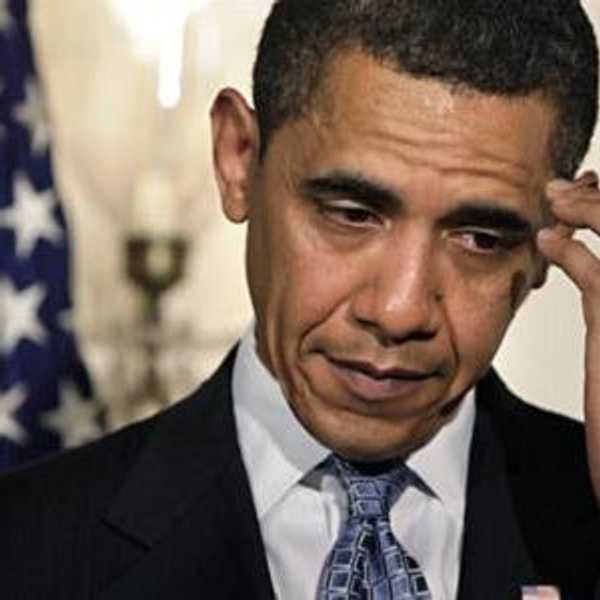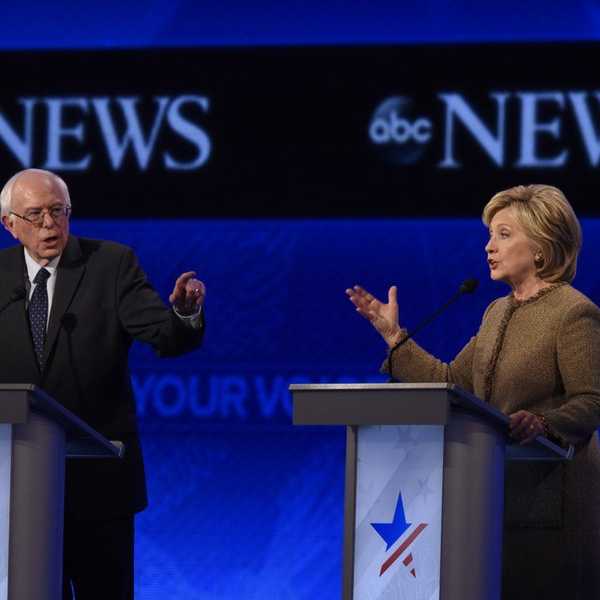Some of the biggest influences in my life came from books that I read at a young age with strong female characters. Hermione Granger, for example, shows that intelligence isn’t something that a young woman should be afraid of, especially looking back on where she came from. However, as I grew up, I noticed more often that the women in books, even the ‘strong female protagonists’, were often reduced down to their male love interests. In modern television, books, and movies, they usually fail the Bechdel test, which is “a simple test which names the following three criteria: (1) it has to have at least two women in it, who (2) who talk to each other, about (3) something besides a man.” A ridiculous amount of movies failed this test, including but not limited to: Deadpool, UP, Batman Begins, Lord of the Rings: Legend of Two Towers, and Into the Wild. When the Hunger Games hit the big screens, I desperately hoped for a Katniss that led a revolution, having success in her mind rather than her love triangle. Yet, this is specifically what the media only focuses on: Team Peeta or Team Gale. This became such a negative impact on my life, especially when this consistently happened with all of my younger heroines. Why is it, which such strong, young women are reduced down to their male counterparts and love interests? Why is my gender represented like this?
Hermione Granger was seen as more of an annoyance in the first film than an actual intelligent being. Every single Disney Princess has so many more qualities than what is given to her: Belle from Beauty and the Beast was the daughter of an inventor and read a book every day, while Rapunzel from Tangled mastered several different domestic and artistic hobbies during her time locked away. Yet, we only notice their love stories and how their princes ended up “saving them.” Seeing this when I was younger made me wonder if my accomplishments were really worth it, even though beforehand I desperately wanted to be like them. If I’m only worth something when a man comes to rescue me, what is the point in trying?
What I’d like to see more of is something like the 2016 Ghostbusters, with four or more diverse women exhibiting different traits that many women can relate to. The 2016 Ghostbusters is one of the best examples in what I want for future media representation of women. The four women were often seen eating sloppily, cracking jokes or sarcastic comments, and being successful in their own way. The only two males that were frequently seen were the secretary and the villain, and it was refreshing to see women just like me be on the big screen. These are women I can relate to. And yet, the response to this movie was disgusting. Many people, specifically men, said that they “ruined a classic”, and that it was trying to “appeal to feminists”. What is so wrong with this? What is so wrong with having women as the leads of something, without them being pure sexual entities for the male gaze? While there are many tough, strong women out there, a woman doesn’t necessarily need to be emotionally cold or physically strong or sexy to be a heroine.
With the Ghostbusters, they showed that, even though we are slowly breaking down barriers, we have a long way to go before there is some form of inclusion in media. For every groundbreaking media feminist influence such as Ghostbusters, there is another influence such as Sausage Party that degrades everything we have worked for. For every feminist born in the South, there is a senior who is telling her that it is unladylike for her to talk more loudly, to fight back. It is so hard to grow up with a positive feminist influence when the negative impacts come from not only media, but also daily life.
The two biggest influences in a person’s opinions come from media and their family/friends. When both of these are working against you, it is very hard to learn self-worth. I grew up with extremely feminist parents; they pushed me to try new things and question authority, regardless of gender. They allowed me to enjoy things from an early age that wasn’t necessarily feminine because they told me they’d rather have a thoughtful and strong daughter than a ladylike daughter. They were such a positive influence in my life that I knew immediately my representation in media and daily life was wrong. However, my mother’s family came from a very upscale part of the north. Things I hear often is “close your legs”, “cover your chest”, “don’t talk back to him, he’s a man who knows more than you”, and “it’s not ladylike to protest”. While I know they mean well, this is such a negative influence because they are trying to instill that is shameful to be who I am, that being on the same level as a man isn’t acceptable. Many others in my daily life, even strangers, have said similar things. Now, where did they learn this from? From generations of prejudice and oppression that is normalized into daily life by their traditionalist families and media. What we need is more positive influences for women that aren’t necessarily fit for the typical female gender role. We need to teach the new generations that women are strong and capable, and that there are millions of different ways that they can be represented.





















